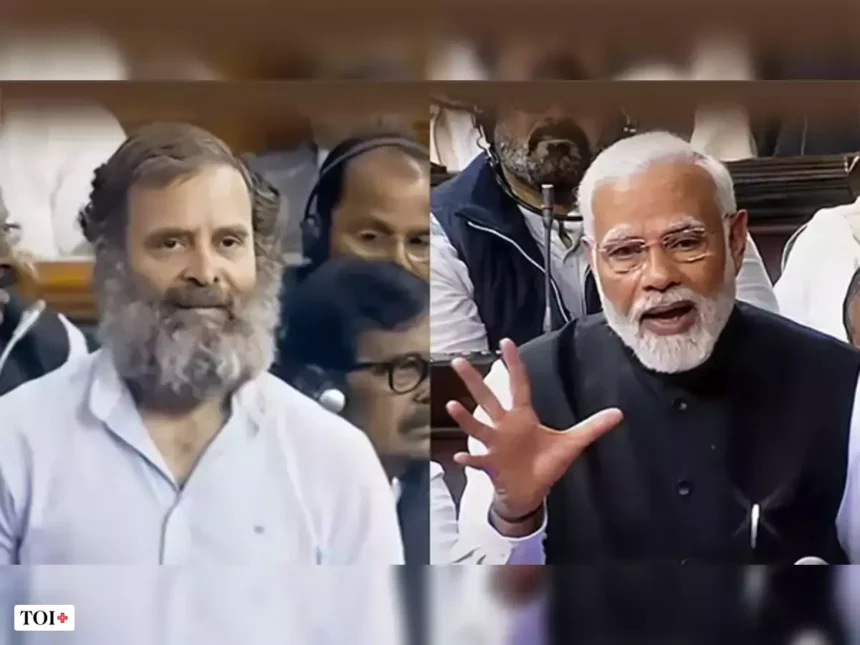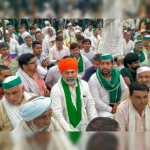In a recent press conference held in Wayanad, senior Bharatiya Janata Party (BJP) leader and former Union Cabinet Minister, Mukhtar Abbas Naqvi, highlighted the contrasting paths to leadership of Prime Minister Narendra Modi and Congress leader Rahul Gandhi. Naqvi emphasized that while Modi had attained his position through a democratic process, Gandhi’s leadership role within the Congress party was primarily due to his familial background.
During the press conference, Naqvi pointed out the substantial disparity between being a “leader by choice” versus a “leader by chance.” He asserted that Modi’s leadership position was a result of the Indian populace democratically electing him as their leader. In contrast, Gandhi’s prominence within the Congress party could be attributed to his familial lineage and the dynastic appeal associated with his surname.
Naqvi’s remarks shed light on the ongoing debate surrounding political leadership in India, where the issue of dynastic politics has been a subject of contention. The BJP leader’s assertion further emphasized the ideological differences between the BJP and the Congress, with the former placing greater emphasis on merit-based leadership selection processes.
While Narendra Modi has earned his place as a prominent figure in Indian politics through his dedication, strategic acumen, and extensive political experience, Rahul Gandhi’s ascent to leadership has been tied to his family’s longstanding involvement in Indian politics. This distinction raises questions about the efficacy of dynastic politics and the principles of meritocracy within the Indian political landscape.
The debate surrounding dynastic politics has been a recurring theme in Indian politics, with critics arguing that it inhibits the growth and progress of newer, more deserving leaders. Advocates for meritocracy contend that leaders should be chosen based on their abilities, qualifications, and dedication to public service rather than their familial connections.
The BJP has consistently positioned itself as a party that prioritizes meritocracy and eschews the idea of dynastic politics. This ideological stance has resonated with a significant portion of the Indian electorate, leading to the party’s electoral success in recent years.
Rahul Gandhi’s representation of the Wayanad Lok Sabha constituency adds another layer of significance to Naqvi’s comments. Wayanad holds symbolic importance as it serves as a microcosm of the broader debate on dynastic politics. The Congress party’s decision to field Gandhi from this constituency highlighted the reliance on the family’s political legacy to secure electoral success.
Naqvi’s statements are likely to fuel further discussion on the issue of dynastic politics within the Congress party and the broader Indian political landscape. The contrasting narratives presented by the BJP and the Congress party have become integral aspects of their respective political strategies, resonating with different segments of the population.
As the political landscape in India continues to evolve, the debate surrounding leadership selection and the influence of familial ties is expected to remain a topic of interest. The remarks made by Mukhtar Abbas Naqvi highlight the stark differences in the paths to leadership followed by Narendra Modi and Rahul Gandhi, stimulating further discussion and analysis of this important aspect of Indian politics.




